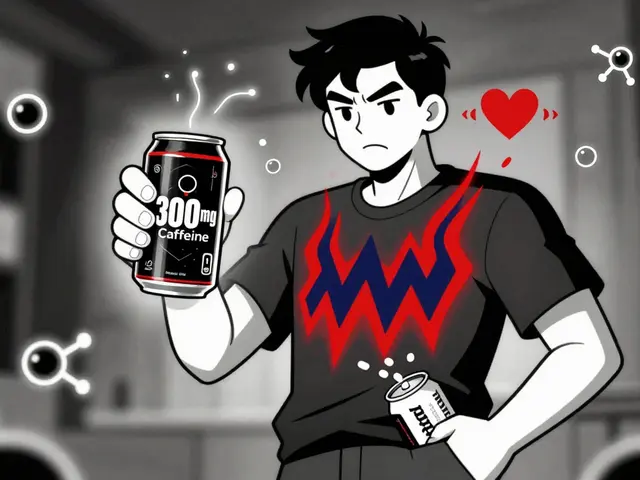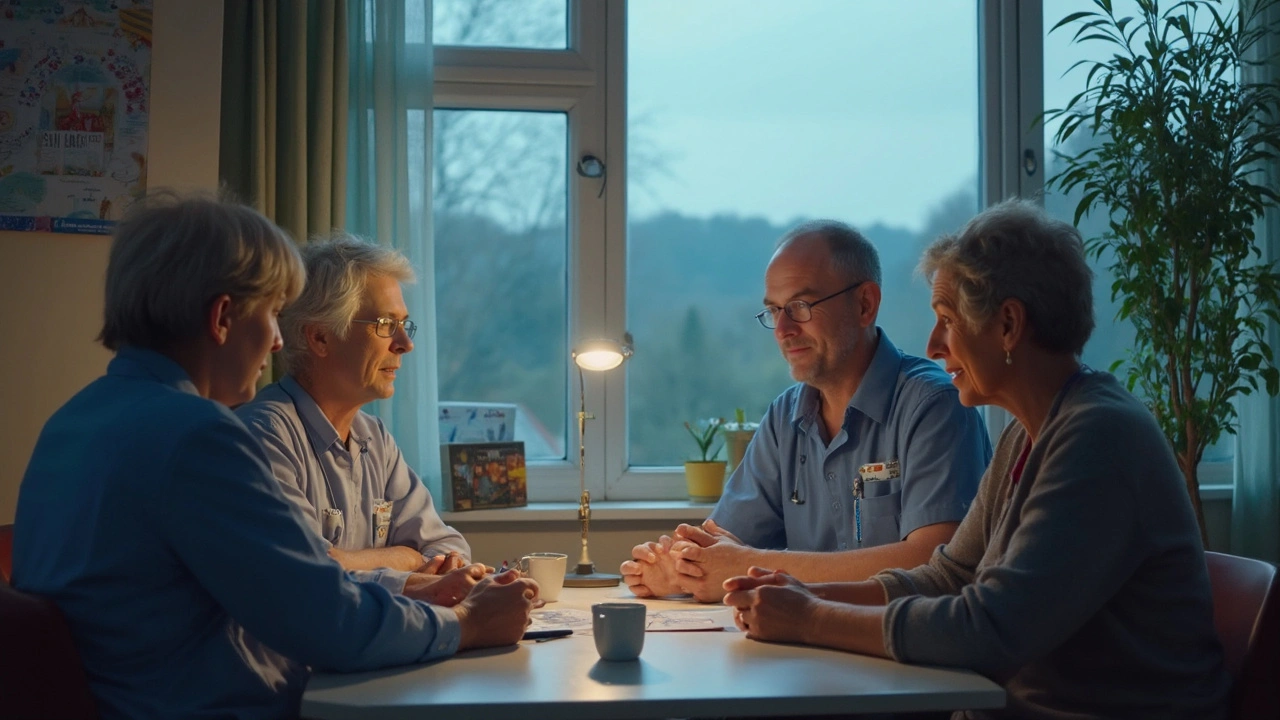Cancer‑Related Anemia: What It Is and How to Tackle It
If you or someone you know is fighting cancer, you might notice fatigue, shortness of breath, or a pale look. Those signs often point to anemia that comes with cancer or its treatment. It’s not a mystery – the disease, chemotherapy, radiation, or even surgery can lower the red blood cells that carry oxygen. Knowing why it happens and what you can do makes a big difference.
Why anemia shows up in cancer patients
There are a few straight‑forward reasons anemia pops up when cancer is in the picture. First, the tumor itself can steal nutrients and iron, leaving less for blood‑cell production. Second, many chemo drugs damage the bone marrow, the factory that makes red cells. Radiation to bones can have the same effect. Third, cancer can cause inflammation, which tricks the body into holding onto iron instead of using it. Finally, blood loss from surgery or from the tumor bleeding inside the gut can drop the count fast.
All these factors add up, and the body ends up with fewer red cells. The result is less oxygen reaching muscles and organs, which explains the crushing tiredness and quick breathlessness.
Practical ways to fight cancer‑related anemia
First step: get a recent blood test. Your doctor will check hemoglobin, hematocrit, iron, B12, and folate levels. Knowing the exact numbers tells you which treatment works best.
If iron is low, supplements or IV iron can raise it quickly. For B12 or folate deficiencies, a short course of pills or injections does the trick. When the bone marrow is the main problem, doctors often prescribe erythropoiesis‑stimulating agents (ESA) that nudge the marrow to produce more red cells. ESA works best when iron stores are good, so it’s usually paired with iron therapy.
Sometimes a simple blood transfusion is the fastest way to lift you out of severe fatigue. It’s not a long‑term fix, but it can buy you time for other treatments to start working.
Diet also matters. Eating iron‑rich foods like lean meat, beans, and leafy greens helps, especially when paired with vitamin C to improve absorption. Avoid drinking tea or coffee with meals, as they can block iron uptake.
Exercise may sound tough when you’re wiped out, but light activity—short walks or gentle stretching—can boost circulation and improve energy levels over weeks.
Finally, keep the conversation open with your oncology team. They can adjust chemo doses, switch to less marrow‑toxic drugs, or add supportive meds if anemia keeps coming back.
Bottom line: cancer‑related anemia is common, but it’s manageable. With the right tests, targeted supplements, possible medications, and a bit of lifestyle tweaking, you can regain energy and keep moving forward in your treatment journey.
Uncovering the Link: Chronic Lymphocytic Leukemia and Anemia Explained
Chronic lymphocytic leukemia (CLL) and anemia often go hand in hand, confusing and worrying patients. This article breaks down how CLL causes anemia, why it matters, and what to watch for. You'll get the facts about how your blood changes, what symptoms to never ignore, expert-backed tips, and real-world advice for managing life with both these conditions. Whether you're newly diagnosed or supporting someone, this guide gives you clarity and confidence.






